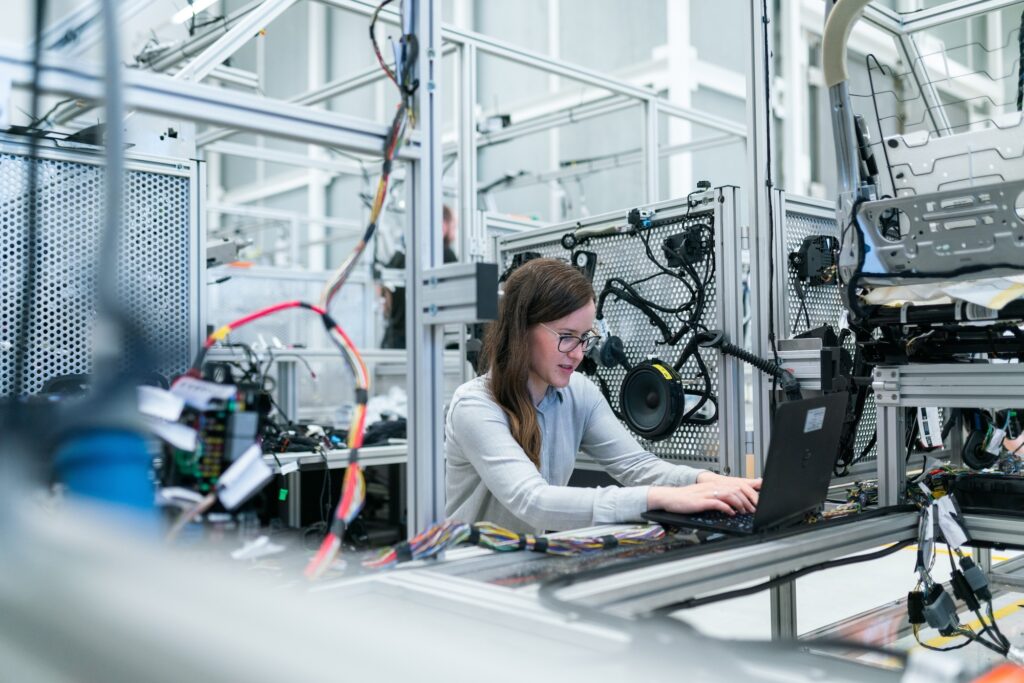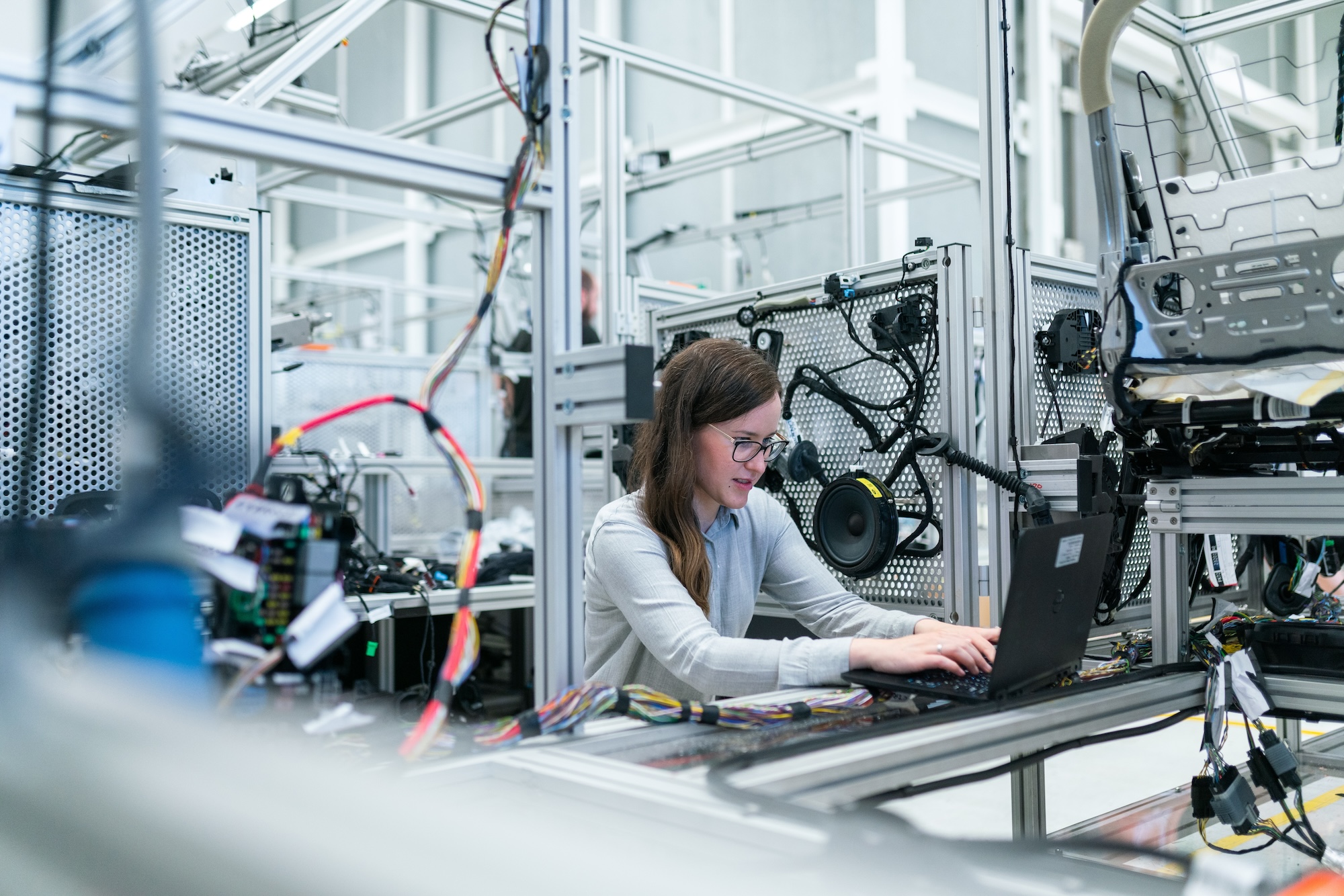Just a day before the Council of the European Union approved the important conclusions on the impact of Research and Innovation (R&I) in policymaking, the European University Association (EUA) presented an ambitious R&I Agenda for 2027. This strategic roadmap aims to address the evolving role of universities in shaping policies amid changing social circumstances.

Social circumstances in which the European research space finds itself in recent years have contributed to the maturation of awareness about the changing role of universities as proactive actors in policy creation. EUA, as one of the most representative associations in the research sector, not only recognizes this change as a new social reality but actively advocates for it. In this context, the EUA R&I Agenda 2027: Seizing the moment, driving the change speaks about the paths we have to pave so that the European economy and society remain competitive in the future. To maintain Europe’s status as an innovative leader, universities must change first, initiating the necessary transformations in the broader societal context.
Europe faces challenges in its fragmented and complex R&I funding landscape, potentially hindering transnational strategic alignment. Compounded by the continent’s division between EU membership and non-membership, this situation comes with obstacles. Nevertheless, the recently renewed European Research Area and the Pact for R&I offer opportunities to strengthen Europe’s competitiveness globally by shaping a common European direction. The EU R&I framework programme can provide a foundation for achieving the ambitious goals of the European Research Area, especially if characterized by international cooperation.
The ongoing evaluation of Horizon Europe and the design of its successor are critical moments to ensure the program’s effectiveness and adequate resourcing. As major beneficiaries, universities must contribute imaginative input to design a successor that aligns with their needs, integrating core missions of R&I, education, and service to society. Strengthening synergies and regulatory alignment with other policy areas, such as employment or digitalization, is crucial for success.

With its strong tradition in R&I and a history of significant scientific discoveries, Europe has played a notable role in the global landscape. Recent years have seen increased competition from regions like Asia and North America, prompting critical observation of Europe’s position. Despite the regional competition, the global nature of R&I values and perspectives requires consideration of a balanced approach between competition and open cooperation. The European Commission’s strategy underscores the EU’s commitment to preserving openness while promoting a level playing field. However, rising geopolitical assertions and security concerns among member states present challenges. It is an ongoing process to balance Europe’s values-based commitment with openness and its political dedication to leadership and autonomy.
In such an environment, The European University Association outlines three key priorities to enhance Universities’ impact:
We must focus on amplifying the societal impact, emphasizing universities’ unique role in long-term R&I without immediate political or commercial pressures. This honest broker role allows them to contribute broad insights and solutions across disciplines.
Universities should contribute to cultivating a robust, diverse, and collaborative R&I culture by fostering environments where academics can flourish, engaging in ethical and impactful R&I that addresses pressing societal challenges while upholding principles of equality, diversity, inclusion, and belonging.
One of the main goals is also championing a well-designed and sustainable R&I system. That underscores the need for a regulatory framework that guarantees autonomy, academic freedom, interdisciplinary collaboration, and flexible career paths. Sustainable funding, blending public support and private investment, is vital for unlocking the full potential of research.
Nevertheless, while acknowledging regional competition, recognizing excellence in different parts of the world based on scientific merit is essential. The European University Association emphasizes that the integrated international role of universities extends beyond being instrumental in foreign policy goals. Universities are active and independent institutions in global R&I cooperation, striving for openness while managing the risks of interference and protectionist reactions. Balancing worldwide collaboration with regional leadership ambitions is crucial for constructive and globally beneficial outcomes.
Follow the link for more details about the newest EUA agenda.



